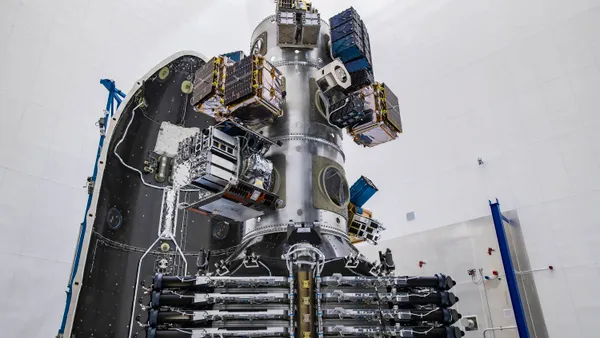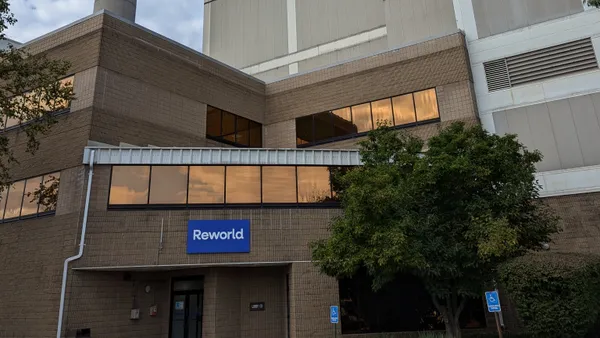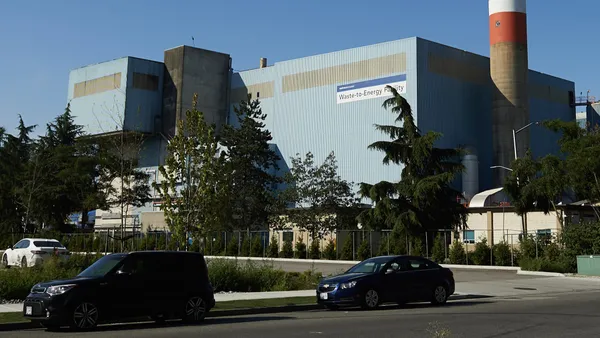Dive Brief:
- Heartland Biogas, one of the largest digestion facilities in the country, is fighting a costly permit suspension by commissioners in Weld County, CO over odor issues, as reported by the Coloradoan.
- The $115 million facility co-digests food scraps with animal waste, has advanced de-packaging equipment and is capable of generating energy comparable to a 20 MW electrical plant. Heartland says the shutdown will cost it $29.4 million and an additional $3.2 million per month in lost profits.
- Heartland filed a lawsuit against five county commissioners in the Denver U.S. District Court last month claiming that their due process rights were abused when the permit was suspended. The company is seeking monetary damages as well as a permit reinstatement, as reported by The Denver Post.
Dive Insight:
Since this facility opened in November 2015 it has been the subject of more than 600 odor complaints from local residents. Though according to Heartland the facility has only surpassed odor limits one time and the majority of these complaints were made by the same small group of people. Despite this, the county commissioners limited its production capacity earlier in the fall of 2016 and Heartland has spent millions on odor mitigation upgrades.
Because of the facility's size, its closure will have a larger ripple effect on surrounding cities such as Fort Collins that had been looking to it as an option for diverting more of its waste from landfills. At least one organics recycling company already had a 20-year contract with Heartland and the facility was also supplying gas to Sacramento, CA through an agreement with its parent company EDF Renewable Energy. As other municipalities in Colorado look for ways to preserve landfill capacity and increase their diversion rates, more have been looking to organics recycling as an area of opportunity.
As seen recently with a Harvest Power composting facility in Canada that lost major municipal business due to odor issues, this can be a costly problem for organics processing operations. Working with local residents and authorities to solve this over time rather than providing quick fixes has proven challenging in multiple situations. Digestion facilities that run primarily on animal waste are a good option for providing organics processing in more rural areas and many parties in this region of Colorado have a vested interest in getting the Heartland facility back online.














